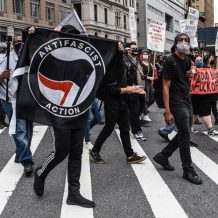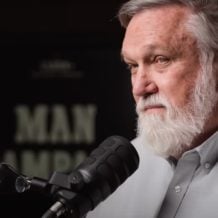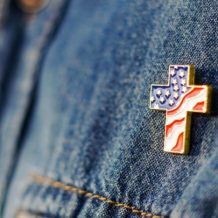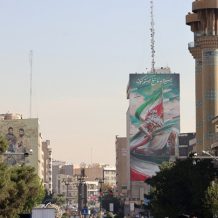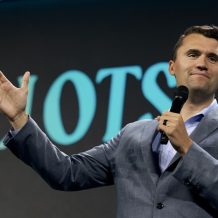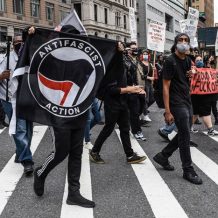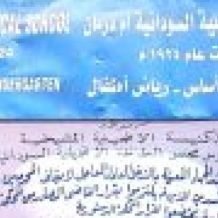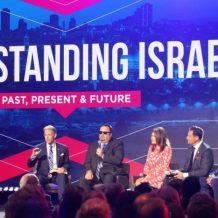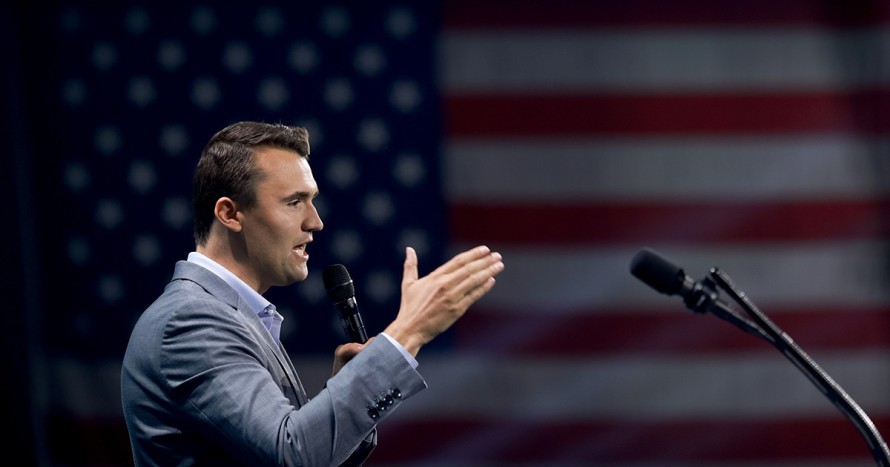
The assassination of Charlie Kirk is an inflection point in American history. He is the first non-public office holder assassinated in the United States since Martin Luther King Jr. Ironically, both were public figures who called for nonviolence. Just as the senseless death of Dr. King sparked the transformational Civil Rights movement, it is certain that much good will come from the senseless killing of Charlie Kirk. But we must resist the temptation to react with anger, bitterness, name-calling, and violence.
I propose that those of us who name the name of Christ learn to fight for peace using genuine love as our weapon without compromising truth or justice.
The polarization between those who loved Charlie Kirk and those who loathed him has made the once invisible war of worldviews now visible. We can see it with our own eyes. It is visceral and disturbing. Both sides see the other as the fascists, the haters, and the deceived. This is a very dangerous cultural moment. We are in an “us-versus-them” frame of mind. We are not seeing people on the other side of the divide. Ideology and language are painting each other in broad strokes, leading to rejection and condemnation.
Our faith informs us that the most potent and powerful way to push back darkness is with sincere love and truth. This does not mean we accept evil. Sin has consequences. But it does mean we are not free to fight evil with evil. As many have noted, if we still practiced the law of “eye for an eye,” the entire world would be blind. None of us is without sin, and we must show grace to the sinner and allow justice from our legal system to do its work as needed.
The assassination and funeral service of Charlie Kirk all happened while I was traveling in Africa — interestingly, in Rwanda, the nation with the painful past of the worst genocide in modern history. Most of the people I talked with had never heard of Charlie Kirk, but this tragedy garnered many questions about the polarization and violent outbreaks we are experiencing in America. Today, I pulled from lessons learned in Rwanda and from Scripture that I believe can help our nation heal from the extreme political, cultural, and spiritual divide we find ourselves in now.
An oversimplification of the roots of the genocide that saw over a million people slaughtered in 100 days by their neighbors, sometimes their former friends, was an “us-versus-them” divide. The tribal majority harbored hatred toward the tribal minority and often referred to them as “cockroaches.” The hatred and rejection were fomented by the media and political rancor until there was an organized, full-scale assault on innocent, unarmed men, women, and children. The Church failed to bring peace and, in some cases, was complicit in the hellish evil that was unleashed. In so many ways, we are witnessing similar “pre-genocide” conditions of hatred and division in our nation.
Most shocking to many visitors to Rwanda is that it is now united and one of the safest nations on Earth. Instead of celebrating their diversity, they now identify only as “Rwandan.” Tribal identification has been outlawed as it only led to more strife and bitterness. After massive efforts to bring the key perpetrators to justice, community tribunals were formed for forgiveness and reconciliation so that neighbors could return to being neighbors. It took genuine love to restore what had been generationally devastating to the victims. The grotesque, sickening result of the anger of “man versus man” left a lasting scar in the souls of the people — all the people. Once the horror was brought to an end, the result was a revulsion to the heartless carnage of violence that cannot be forgotten.
Evil reared its ugly head and spilled out into the streets. Yet today, the Rwandans look back in regret, horror, and lament over how they got to such a senseless, unimaginable place of unconstrained violence. A visit to the Genocide Museum is a sobering reminder that now is the time to rise up and fight for peace.
Many of those spewing hatred today are the lonely, disenfranchised, outcast, or rejected. I grew up with an awareness that a wounded dog would lash out at those who tried to offer help. We should not be surprised that many of those carrying out violent acts today respond in a similar way. These are people suffering on the inside who want to live in a world where they are understood and accepted.
When I encounter people like this, I seek to understand their fear, pain, or perspective. Many people held captive to lies are operating from a place of deep hurt. Rather than mock or condemn, ask if you can pray for or with them. It shows you care, and God may open their hearts.
So, we must become fighters, not for vengeance, power, or control but for peace. This does not mean we accept sin or evil. But it does mean we don’t fight the way Satan fights, with lies, deception, division, and destruction. If we don’t participate in the cultural divide but rather love our neighbors, we will do more for our country than those casting stones.
Are you interested in receiving encouraging ministry updates from around the world? Do you want tools and tips on financial stewardship? Sign up to receive the Crown Newsletter emails by using the form on the homepage at Crown.org.
 English
English Português
Português Español
Español Français
Français

